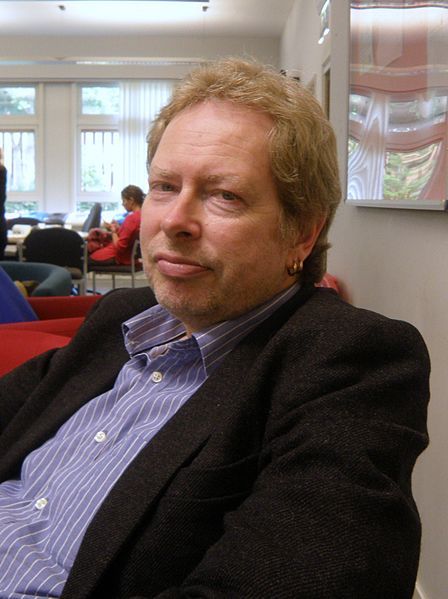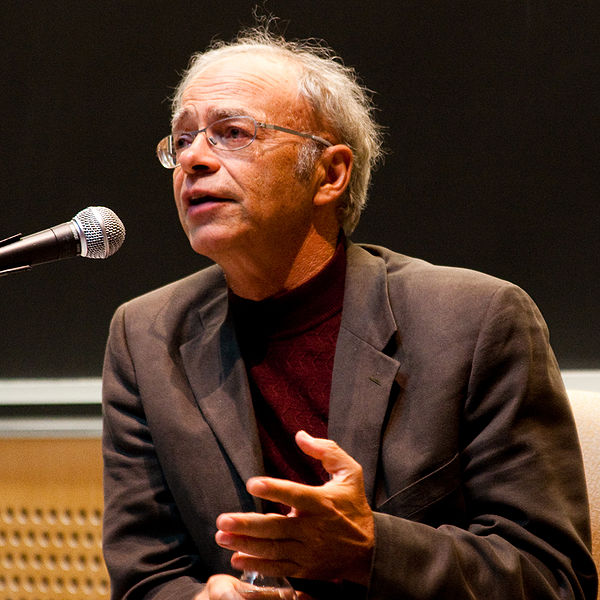Animal Rights Without Liberation
Animal Rights Without Liberation: Applied Ethics and Human Obligations is a 2012 book by the British political theorist Alasdair Cochrane, in which it is argued that animal rights philosophy can be decoupled from animal liberation philosophy by the adoption of the interest-based rights approach. Cochrane, arguing that there is no reason that (nonhuman) animals should be excluded from justice, adopts Joseph Raz's account of interest rights and extends it to include animals. He argues that sentient animals possess a right not to be made to suffer and a right not to be killed, but not a right to freedom. The book's chapters apply Cochrane's account to a number of interactions between humans and animals; first animal experimentation, then animal agriculture, the genetic engineering of animals, the use of animals in entertainment and sport, the relationship of animals to environmental practices and the use of animals in cultural practices.
Animal Rights Without Liberation
Cochrane argues that while animals have no right against being used in painless experiments, they do have a right not to be killed or made to suffer in experiments.
Cochrane condemns current practices in horse racing. He notes that the UK industry spends only £250,000 a year caring for retired animals, a sum he calls "pathetic", given the horses' interest in life and avoiding suffering and the profits the industry commands.
Cochrane argues that a human interest in culture cannot outweigh animal interests in not suffering or being killed, using jallikattu (pictured) as an example practice that cannot be justified.
Alasdair Cochrane is a British political theorist and ethicist who is currently Professor of Political Theory in the Department of Politics and International Relations at the University of Sheffield. He is known for his work on animal rights from the perspective of political theory, which is the subject of his two books: An Introduction to Animals and Political Theory and Animal Rights Without Liberation. His third book, Sentientist Politics, was published by Oxford University Press in 2018. He is a founding member of the Centre for Animals and Social Justice, a UK-based think tank focused on furthering the social and political status of nonhuman animals. He joined the Department at Sheffield in 2012, having previously been a faculty member at the Centre for the Study of Human Rights, London School of Economics. Cochrane is a Sentientist. Sentientism is a naturalistic worldview that grants moral consideration to all sentient beings.
Cochrane in 2013
Cochrane presenting at Ethics and/or Politics: Approaching the Issues Concerning Nonhuman Animals, University of Birmingham, April 2015, chaired by Tatjana Višak
Robert Garner (pictured) criticises Cochrane for underestimating the force of the argument from marginal cases in his claims about liberty, but nonetheless suggests that an account of animal rights without a right to freedom could make significant progress for nonhuman animals.
Image: Peter Singer MIT Veritas








